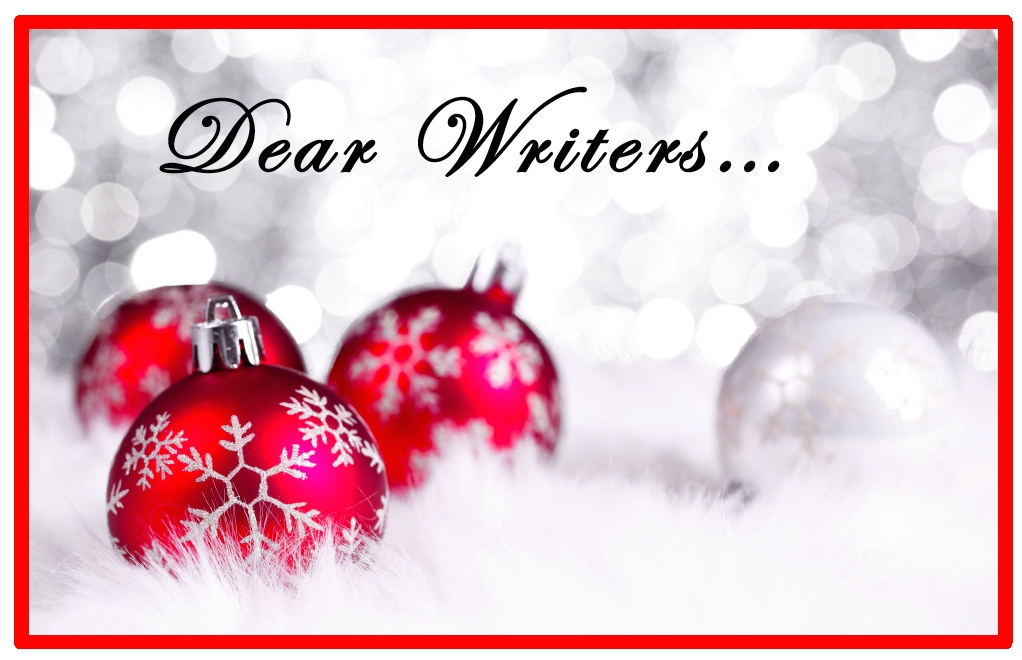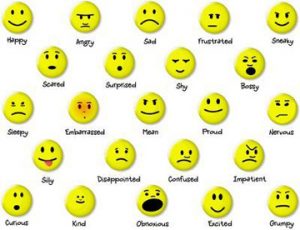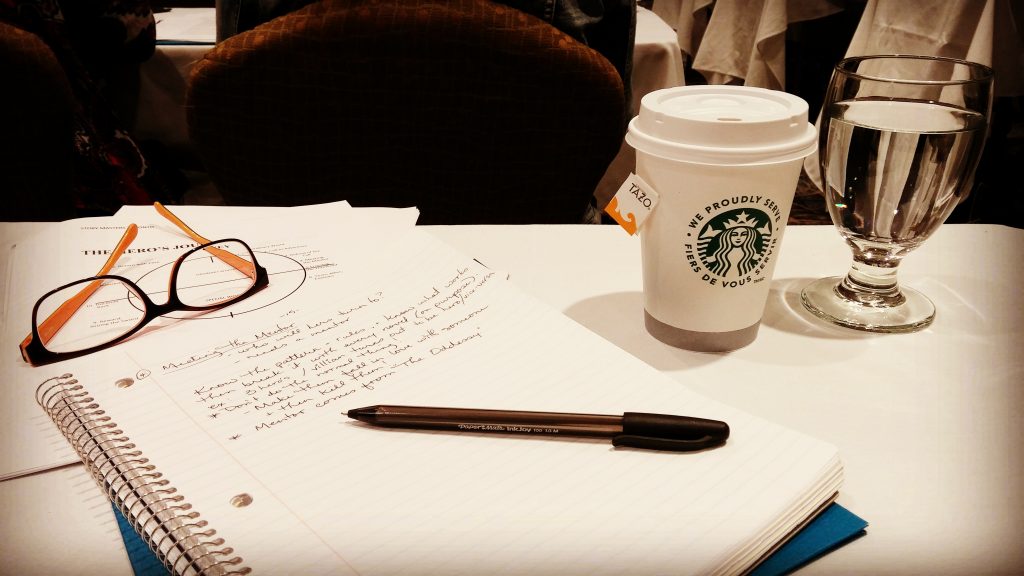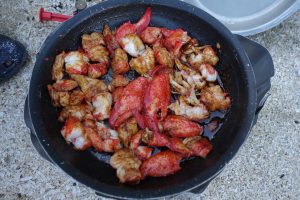 In Ian Hamilton’s crime series, Ava Lee is always eating interesting and descriptive food. In the book, The Wild Beasts of Wuhan, Ava Lee orders “sautéed languoustines with crab tortellini in a shellfish bisque as a starter, and pan-fried black bream with truffle mashed potatoes as her main.”
In Ian Hamilton’s crime series, Ava Lee is always eating interesting and descriptive food. In the book, The Wild Beasts of Wuhan, Ava Lee orders “sautéed languoustines with crab tortellini in a shellfish bisque as a starter, and pan-fried black bream with truffle mashed potatoes as her main.”
Later in the same book, Ava orders without hesitation: foie gras and black sea bass with oyster mushrooms.
What are languoustines?
I had to look it up: it’s also called “Norway Lobster”, a luxury seafood prized for its sweet meat. They’re crazy expensive because of their rarity. Bream is a fish. Ava Lee adores expensive luxury food. It tells the reader about her income and social status. It also makes me hungry.
Being specific about the food your characters are eating can bring richness and depth to your writing. It can help establish the setting, the historical period, and the culture of your characters. But it can do more.
Here is my nine course meal of how food can add flavour and spice to your novel:


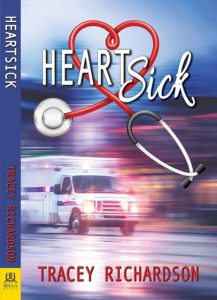 a of what’s going to happen to them, you have a central theme, and an ending in mind. All these ideas swimming around in your head may or may not work on the written page.
a of what’s going to happen to them, you have a central theme, and an ending in mind. All these ideas swimming around in your head may or may not work on the written page.